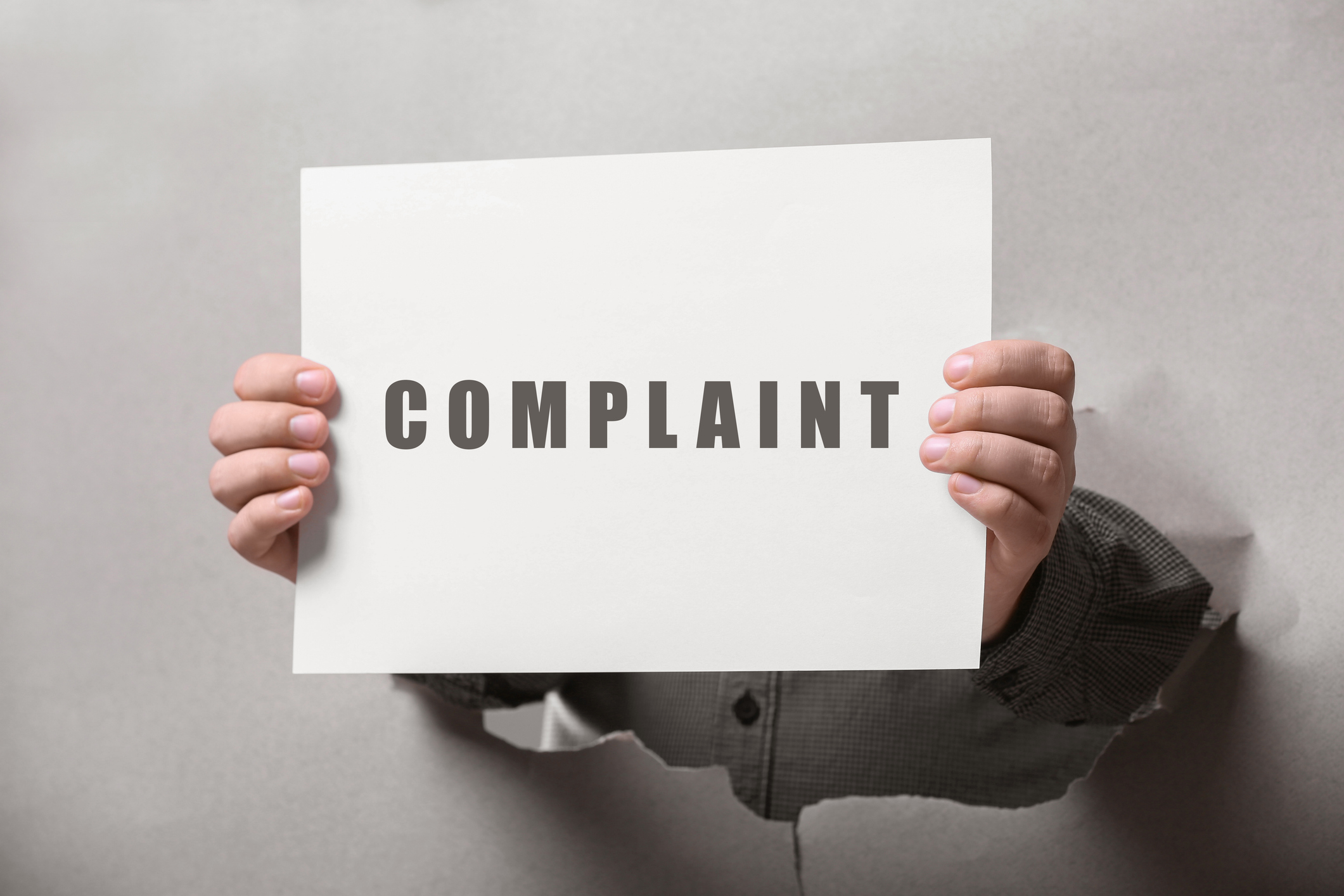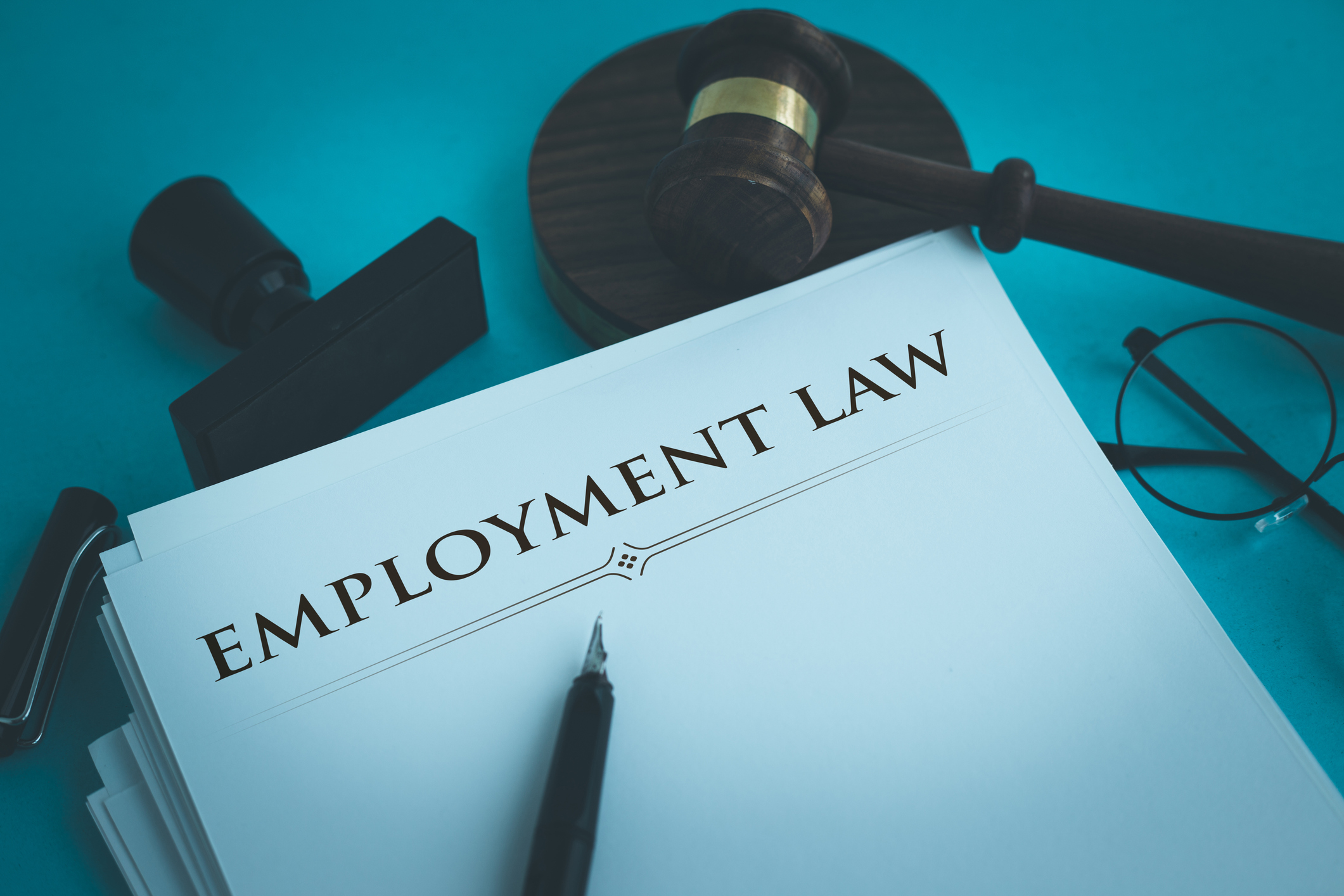In an ideal world, we wouldn’t need laws to prohibit discrimination and harassment or to force companies to pay their employees fairly and on time. Unfortunately, employees throughout California and the United States are often subjected to unfair and illegal employment practices, from failure to pay wages to being fired because of their race, age, or national origin.
If you believe that your employer has broken labor and employment laws, there are a number of options for pursuing a claim against them. This may include filing a complaint with a state agency, such as the Labor Commissioner’s Office or the Department of Fair Housing and Employment. In some situations, it may make more sense to file a complaint with a federal agency, or even to pursue a lawsuit in state or federal court.
Below, we set forth what to do if your employer is violating California’s labor laws.
Which State Agencies Handle Labor Board Complaints?
In California, there’s actually no state agency called the “labor board.” Instead, individuals who believe that their employer has violated California employment law may file a complaint with a state agency that governs that type of dispute. The Labor Commissioner’s Office and the Department of Fair Employment and Housing (DFEH) are the main “labor boards” where an aggrieved employee may file a complaint. The Labor Commissioner’s Office is also known as the Division of Labor Standards Enforcement (DLSE).
The DLSE handles complaints regarding violations of wage and hour, equal pay, and other types of labor laws (such as laws prohibiting the use of child labor). It also handles complaints regarding retaliation for reporting labor law violations or workplace safety hazards. The most common types of complaints filed with the DLSE are wage and hour matters.
The DFEH, on the other hand, handles complaints regarding workplace discrimination and harassment in violation of the Fair Employment and Housing Act (FEHA). It also reviews claims involving retaliation for speaking out against violations of the FEHA.
How Can I File A Labor Board Complaint?
The process for filing a Labor Board complaint depends on what type of issue you are seeking help with, and which state agency handles that type of claim. If you suffered discrimination or harassment in violation of state or federal anti-discrimination laws, the complaint will be filed with the DFEH. The steps for filing a complaint with DFEH are outlined here.
If you believe that your employer has violated California’s wage and hour laws, then your complaint should be filed with the DLSE. Violations of wage and hour laws may involve issues such as:
- Unpaid wages
- Failure to pay minimum wage
- Failure to pay overtime
- Unpaid commissions
- Unpaid vacation wages
- Meal and rest period violations
- Late payment or nonpayment of final wages
- Unlawful deductions from a paycheck
- Unreimbursed business expenses
For Example:
Bill works at a factory that manufactures personal protective equipment (PPE) for hospitals. Due to the increased demand for PPE during the COVID-19 pandemic, his boss has required everyone to work overtime, and through breaks . While Bill is glad to be able to help during a global health crisis, he is working 12 or more hours a day, and isn’t being paid for his skipped meal and rest breaks, or for the extra hours that he is working. In this situation, Bill may be able to file a DLSE complaint for failure to pay overtime as well as meal and rest period violations.
Filing a DLSE claim for wage and hour violations starts with the Initial Report or Claim form, which may also be referred to as DLSE Form 1. This form can be used to report any violation of wage and hour laws that fall within the Labor Commissioner’s jurisdiction. The form requires complainants to provide basic information, such as employer name and address, plus information about the violation.
Before filling out DLSE Form 1, employees should gather supporting documents. This may include pay stubs, a calculation of the wages that they are owed, time records, and other evidence. Copies of these documents can be used to fill out the form, and will also be submitted to the DLSE to support their claim.
Based on an employee’s specific situation, there may be other forms that should be filed with the DLSE. This may include:
- DLSE Form 55 for meal and rest period violations and certain unpaid wage claims
- DLSE Form 155 for unpaid commissions
- DLSE Form RCI 1 for retaliation claims
The DLSE does not currently allow electronic filing of wage and hour complaints. Instead, employees must submit their forms and supporting documentation either through the mail or at a district DLSE office. Employees should file their complaint at the office that is closest to the area where the work was performed in order to avoid processing delays.
After an Initial Report or Claim is filed, the Labor Commissioner’s Office screens and investigates the claim. If the Labor Commissioner determines that a violation may have occurred, the DLSE may file a formal complaint against an employer. Within 30 days after DLSE Form 1 is filed, the agency must provide both the employee and the employer with a notice that it intends to (1) take no action; (2) hold a hearing on the claim; or (3) bring a civil action in court if the employee cannot afford a lawyer to do so on their own.
In most cases, if the DLSE decides that a particular complaint has merit, it will schedule a hearing. It will often hold a settlement (or conciliation) conference on the complaint before the hearing date. An employee who has filed a complaint will attend the conference, along with the employer and a Deputy Labor Commissioner. Each party explains their side of the dispute, and the deputy attempts to find a resolution. If the claim is not resolved or dismissed at a settlement conference, then the formal administrative hearing process will begin.
Is There Alternatives To Filing A Labor Board Complaint?
If your employer has violated wage and hour laws, filing a complaint with the DLSE is just one of three options available. You may also file a lawsuit against your employer in court, or file a wage claim with a federal agency. An Orange County employment attorney can help you decide which option makes the most sense for you.
Employees who have been underpaid in violation of state or federal law have a right to file a lawsuit to recover the money that they are owed. There are some advantages to filing a lawsuit, such as the potential to obtain compensation for a wider range of violations or illegal actions. However, lawsuits can be costly and time-consuming. For smaller wage claims, filing a complaint with the DLSE often makes the most sense.
If an employer has violated the federal Fair Labor Standards Act (FLSA), affected workers can also choose to file a complaint with the Wage and Hour Division of the United States Department of Labor. However, because California tends to provide broader employment protections than federal law, including adopting a higher minimum wage and offering more overtime rights, it is often preferable to file with the DLSE instead.
Californians who believe that their employer is violating labor and employment laws should consult with a seasoned employment lawyer to decide the best course of action. An attorney can provide insight on your options, and even advise you on filing a complaint with the DLSE.
For additional help or guidance, you can give us a call at 949-771-8173 or email us at rob@odelllaw.com.



